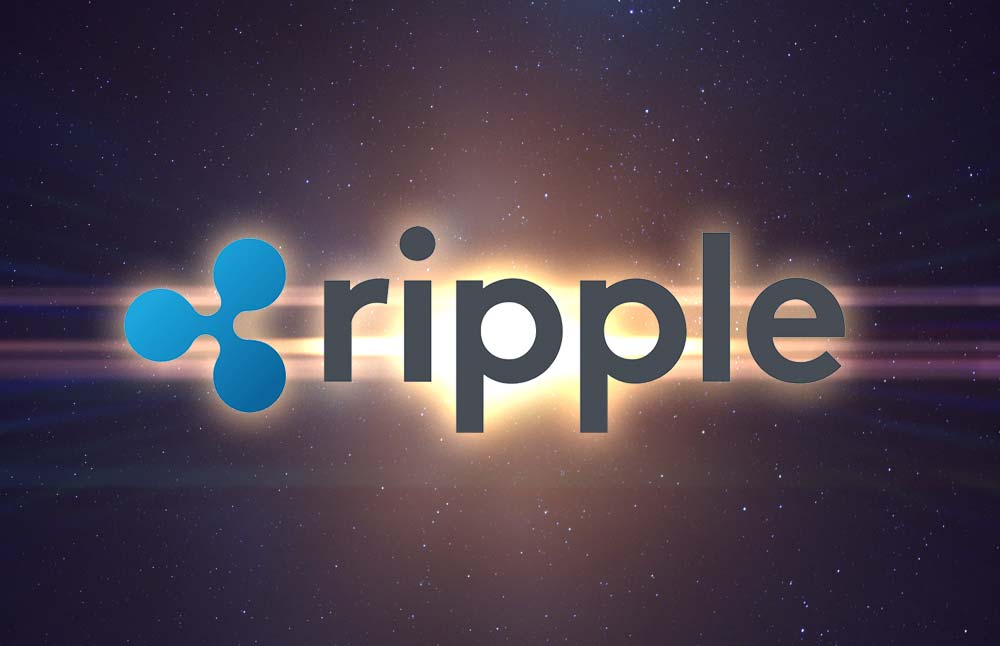Ripple’s RLUSD Stablecoin Gains Approval in Dubai, Set to Support Real Estate Tokenization
03.06.2025 14:05 1 min. read Alexander Zdravkov
Ripple’s RLUSD stablecoin has received the green light from the Dubai Financial Services Authority (DFSA), paving the way for its use in the Dubai International Financial Centre (DIFC).
The approval means companies operating within the DIFC can now integrate RLUSD into a wide range of virtual asset services, from payments to treasury operations.
The DIFC—an autonomous financial hub serving the Middle East, Africa, and South Asia—hosts nearly 7,000 companies. Under its regulatory framework, only DFSA-approved digital assets can be used in official activities, making RLUSD one of the select few stablecoins authorized in this key jurisdiction.
Ripple highlighted growing interest from UAE-based firms in crypto adoption. Reece Merrick, the company’s regional managing director, noted that the region’s fast-evolving digital economy is creating demand for cross-border payment and digital asset solutions.
Ripple is already collaborating with UAE-based fintechs like Zand and Mamo, who are expected to be among the first to utilize the RLUSD stablecoin.
The stablecoin will also play a role in Dubai’s broader blockchain ambitions. Specifically, RLUSD is set to support the Dubai Land Department’s initiative to tokenize real estate title deeds on the XRP Ledger. The DLD announced earlier this year that it had entered the pilot phase of this tokenization project, which will digitize and record property ownership using blockchain technology.
-
1
Singapore Court Orders Multichain Liquidation After Major Exploit
16.05.2025 17:00 1 min. read -
2
Stablecoin Issuers Could Soon Be Major Buyers of U.S. Treasuries, Says Senator
22.05.2025 16:00 2 min. read -
3
Binance Pushes Back Against FTX Lawsuit, Calls Claims “Baseless”
21.05.2025 8:00 2 min. read -
4
Ark Invest Buys Into eToro as Shares Surge on Nasdaq Debut
16.05.2025 8:00 1 min. read -
5
New Ethereum Initiative Targets Institutional-Grade Security Standards
16.05.2025 14:00 1 min. read
ARK Invest Makes Bold Bet on Circle as Stablecoin Giant Enters Wall Street
Circle’s arrival on the New York Stock Exchange sent shockwaves through the market, and Cathie Wood’s ARK Invest wasted no time jumping in.
WazirX Restructuring Plan Blocked by Singapore High Court
WazirX’s bid to restructure and compensate victims of a $230 million hack has been rejected by the Singapore High Court, putting the exchange’s recovery roadmap in limbo.
Tariffs Not a Threat to S&P Momentum, Says Fundstrat’s Tom Lee
Fundstrat’s Tom Lee believes that lingering caution in the stock market could actually be setting the stage for another bullish breakout.
Circle Soars in NYSE Debut Amid Surging Stablecoin Interest — But Not Everyone’s Cheering
Circle, the company behind the USDC stablecoin, made a dramatic entrance onto the New York Stock Exchange on June 5, with its stock skyrocketing 167% by market close.
-
1
Singapore Court Orders Multichain Liquidation After Major Exploit
16.05.2025 17:00 1 min. read -
2
Stablecoin Issuers Could Soon Be Major Buyers of U.S. Treasuries, Says Senator
22.05.2025 16:00 2 min. read -
3
Binance Pushes Back Against FTX Lawsuit, Calls Claims “Baseless”
21.05.2025 8:00 2 min. read -
4
Ark Invest Buys Into eToro as Shares Surge on Nasdaq Debut
16.05.2025 8:00 1 min. read -
5
New Ethereum Initiative Targets Institutional-Grade Security Standards
16.05.2025 14:00 1 min. read


